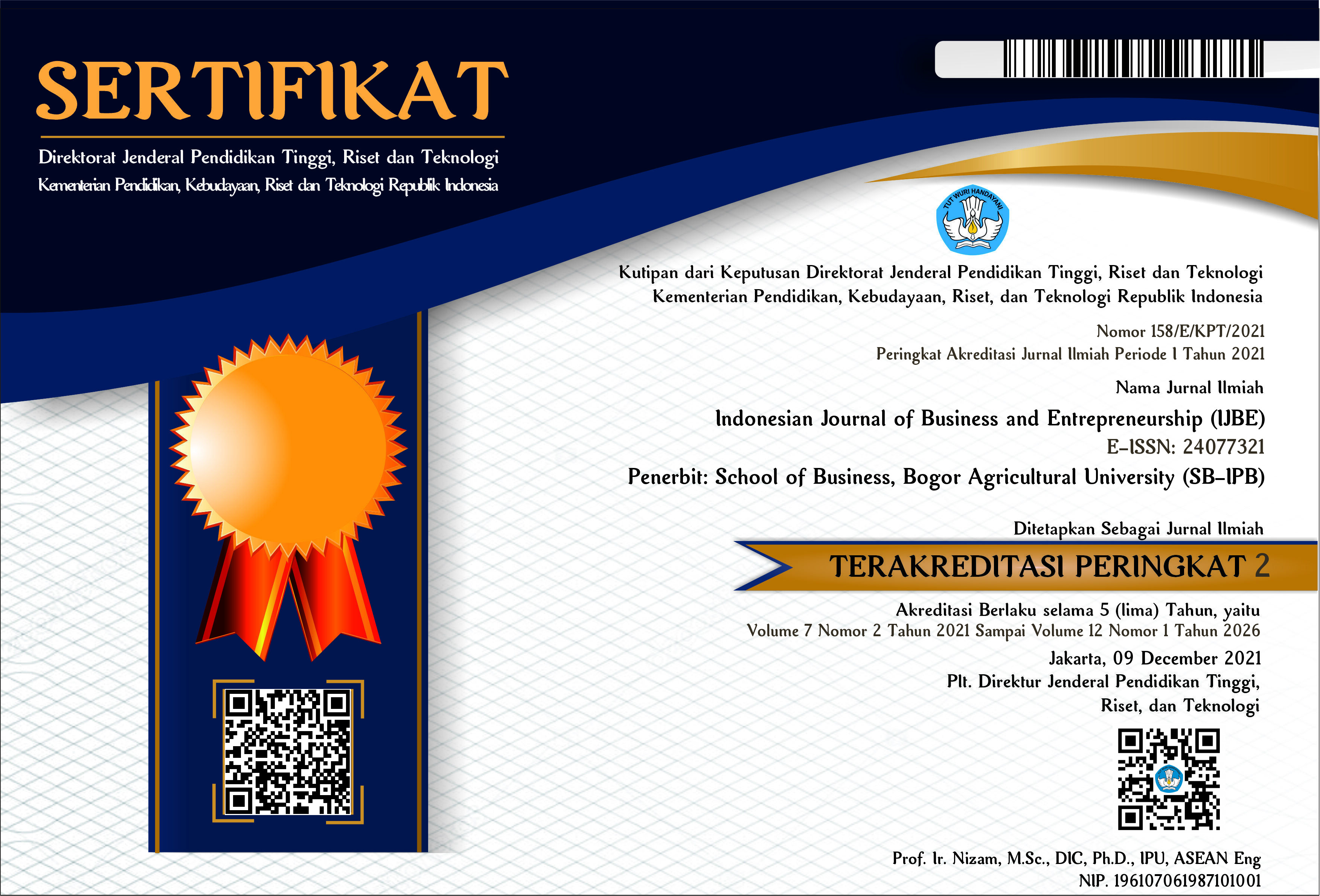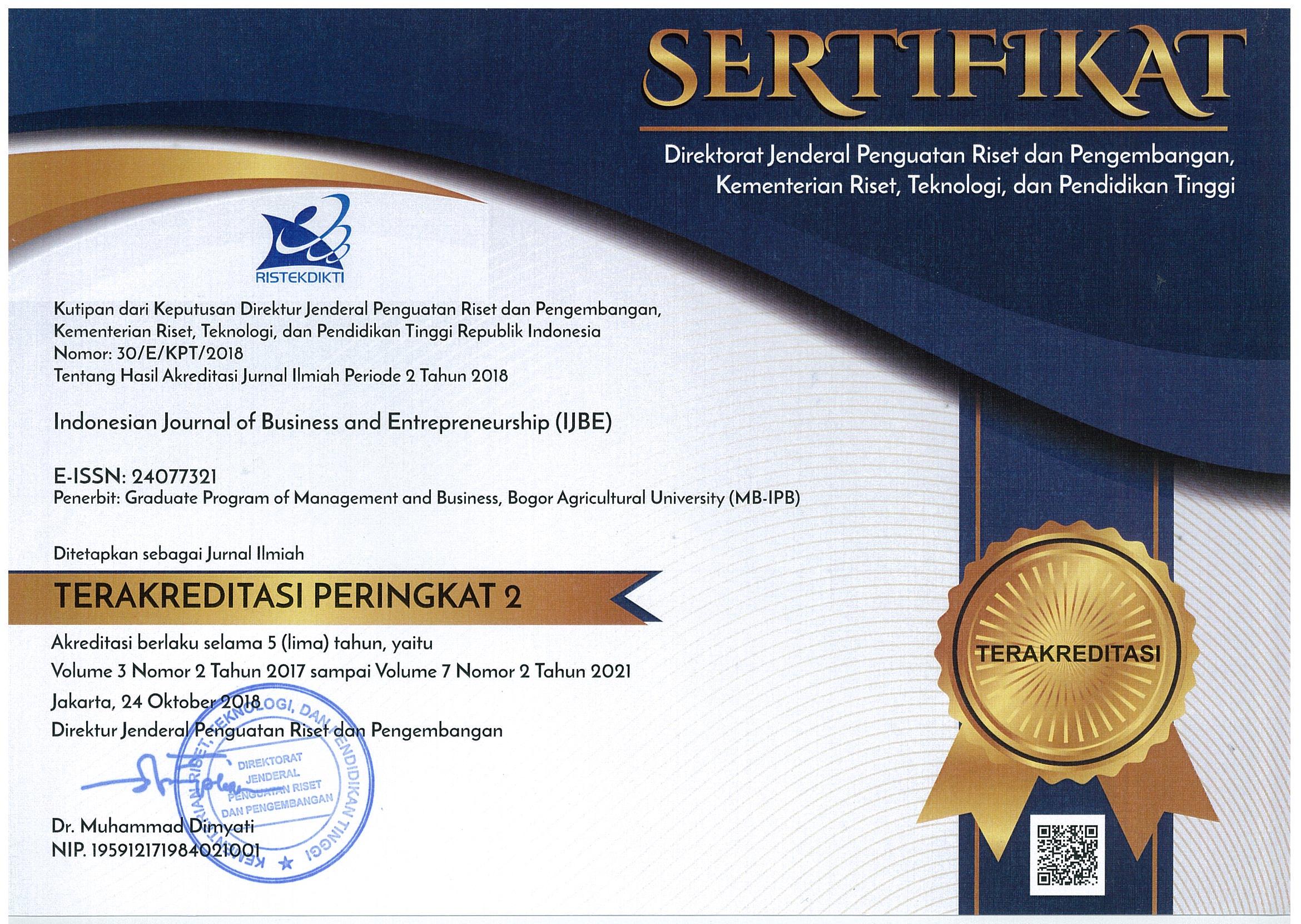Alternative PSS Business Models of ESCO: Towards an Innovative New Model
Abstract
Product System Service (PSS) was an excellent way to create new customer value under hyper-competition. Both product and service components were not used individually but in integrating product, service, and system and their valid combinations. This paper investigated the case study and was performed between June 2019 and April 2020. The is study aims to explore the introduction of the study's purpose of exploring the company was introducing the latest PSS model in its own " Energy Saving Company (ESCO) model" with its capitals in Indonesia. This new business model was able to tap potential business opportunities in the energy-saving industry. The study used these three methods – Soft System Methodology (SSM), General Morphological Analysis (GMA) & Business Model Canvas (BMC). In this paper, the authors performed SSM to reduce the gap that exists in the real world. GMA and BMC as other tools to ensure collaboration to form the new business model. The result showed that through PSS, the company could develop their own "ESCO model" under Energy Saving Agreement (ESA) or Energy Saving Performance Contract (ESPC), which was known as "saving back arrangement financing." By adopting PSS, the company could gain a competitive advantage since there was increasing demand for energy and limited supply in Indonesia; hence there was a vast, untapped opportunity in the energy-saving industry.
Keywords: BMC, Case study, ESCO, Morphological, PSS, SSM







